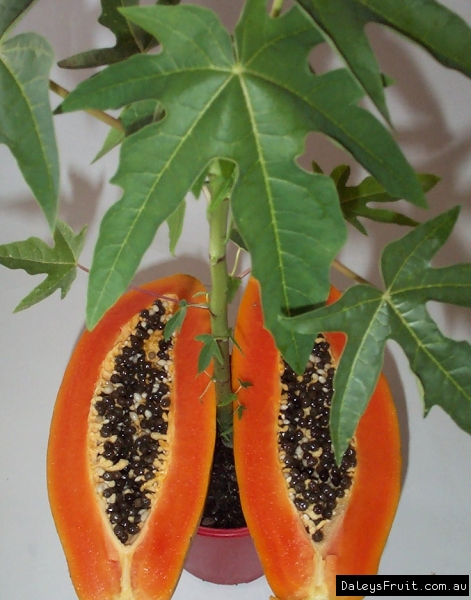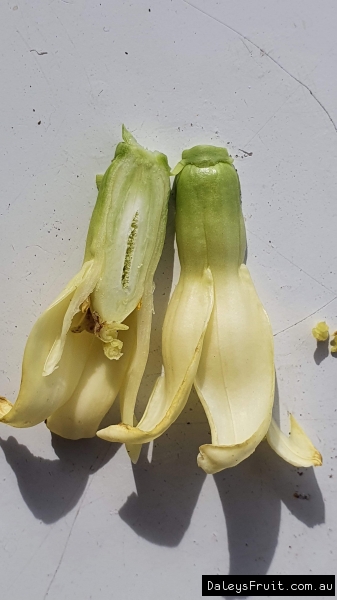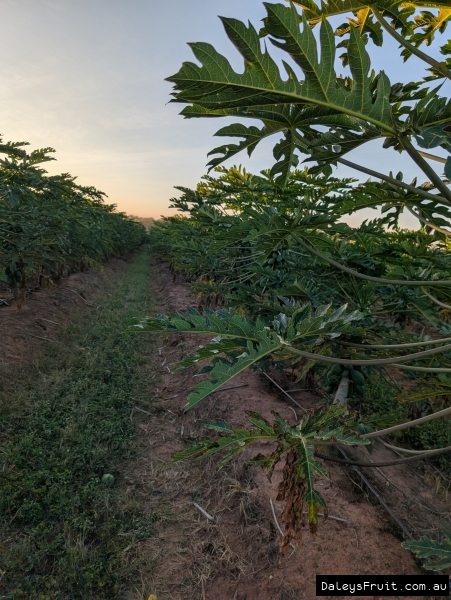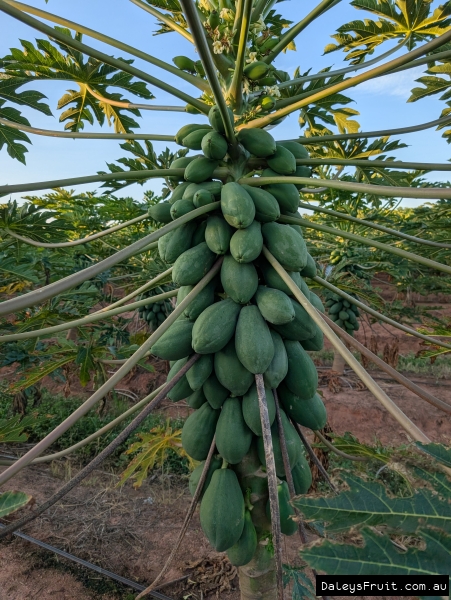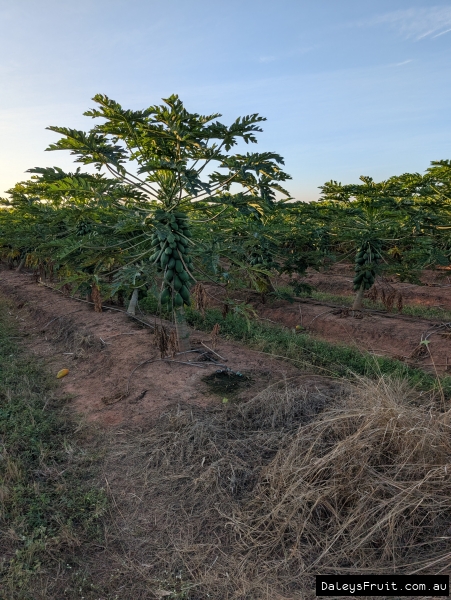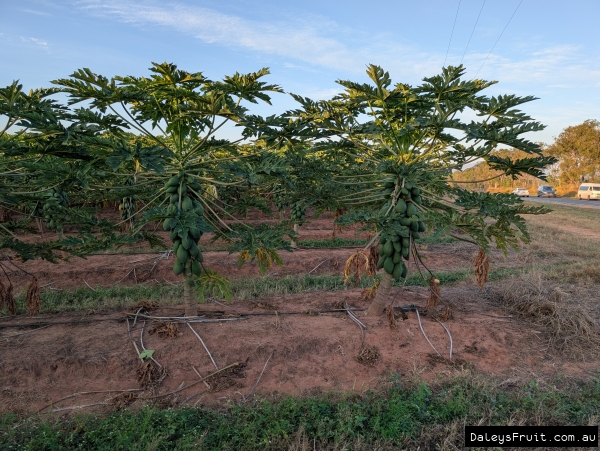Papaya
CategoryPapayuelo
$18.75 ($4.90-$18.75 choose a size)
Dwarf Papaya - Southern Red
$49.00
Papaya - Red Army
$29.00 ($21.00-$29.00 choose a size)
Papaya - Southern Red
$19.75 ($4.90-$19.75 choose a size)
Papaya - Sunrise Solo
$23.90 ($4.90-$23.90 choose a size)
Papaya - Red RB4 Hybrid
$23.90 ($4.90-$23.90 choose a size)
Papaya - Broad Leaf
$19.75 ($19.75-$19.75 choose a size)
Papaya - Yellow H13
$19.75 ($4.90-$19.75 choose a size)
Papaya Berry - Oak Leaf
$19.90
Dwarf Papaya Torpedo
$17.75
Papaya - Sri Lankan Red
$19.95
Papaya - Sunny Red
$19.75
Dwarf Papaya - Col de Monte
$12.90
Papaya - Richter Gold
$9.90
Papaya- Yellow YD1B Hybrid
$3.90
Popular in Category: Papaya
Papayuelo
$18.75 ($4.90-$18.75 choose a size)
Dwarf Papaya - Southern Red
$49.00
Papaya - Red Army
$29.00 ($21.00-$29.00 choose a size)
Papaya - Southern Red
$19.75 ($4.90-$19.75 choose a size)
Papaya - Sunrise Solo
$23.90 ($4.90-$23.90 choose a size)
Papaya - Red RB4 Hybrid
$23.90 ($4.90-$23.90 choose a size)
Papaya - Broad Leaf
$19.75 ($19.75-$19.75 choose a size)
Papaya - Yellow H13
$19.75 ($4.90-$19.75 choose a size)
Papaya Berry - Oak Leaf
$19.90
Dwarf Papaya Torpedo
$17.75
Customer Tips & Reviews Papaya
Papaya
Name confusion - In Australia usually red flesh = papaya, yellow flesh = pawpaw. In USA,sometimes all papaya are called papaya and a different species, Asimina triloba, is called pawpaw. but it seems this is not consistent in either country
Lakewood, Ohio, Australia, Australia
Papaya
A papaya is not a pawpaw, irregardless of what you call it. Pawpaws are a completely different fruit than a papaya.Pawpaws are native to the US. And are often called Custard Apples.
Papaya - Southern Red
Pawpaw, the common name used in Australia for Papaya spp. (for over 40 years) vary in quality and flavour. The 1st red/orange Pawpaw I tried was in 1993 and I was hooked. I've watched a fruit bat & a possum fight over one in my tree. Obviously Popular!
Virginiab, VA
Papaya - Col de Monte
I gotta preferred this web web page it appears very valuable quite advantageous ebfgddefggdfacdf
Kensington, NSW
Paw Paw
Grow from seeds, planted densely in a garden bed. This ensures a mix of male, female and bisexual plants. Let them grow into each other as a natural form of grafting.
Wollongong, NSW
Paw Paw
Here in Oz we call them paw paws! Just tasted my first homegrown bisexual paw paw (papaya) and was amazed how much better tasting it was compared to the insipid paw paws that are common in supermarkets. Very sweet with a wonderful aftertaste.
Berkeley, CA
Paw Paw
The name Paw paw also refers to Asimina triloba. I was disappointed to find this article about papayas under the paw paw name. Essentially I agree with Mr. Morgan's view.
Pawpaw - Red RD2 Hybrid
I am growing the Bi Sexual Red Pawpaw in my Aquaponics system. It is growing amazingly well setting fruit just 10 weeks from seedling.
Dallas, TEXAS
Paw Paw
I believe Pawpaw is a little grown North American tree with fruit somewhat like the Annonas. The kinds you list here seem to be papayas, which are not synonymous with the term pawpaw. However, a real pawpaw can grow in temperate climates also!
Paw Paw
Mine is a single red bisexual variety. Grown against an Eastern facing wall, it weathers Winters quite well. Prolific bearer, likes good water and heavy feeding. Lopping produces multi-stems. Green fruit can be eaten as a vegetable. Very sweet when ripe.











